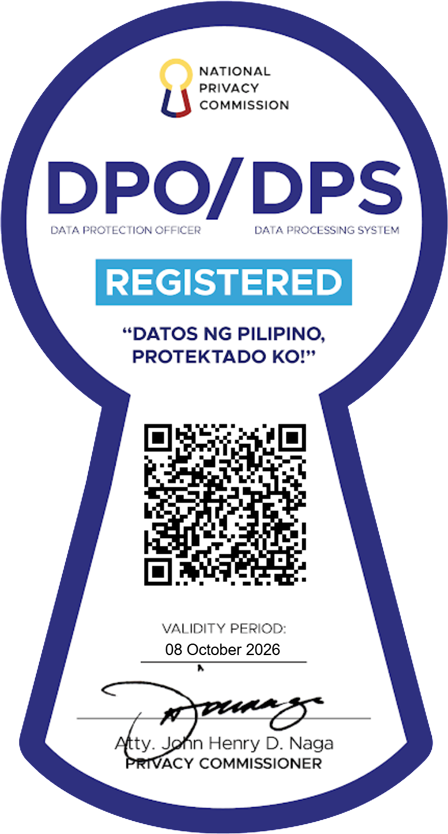Choosing the right family planning method is key to personal health, well-being, and reproductive empowerment. However, life and health circumstances can change, and your current method may no longer meet your needs. This guide helps you recognize the signs that it may be time to switch methods, explores available options, and provides tips on making informed, safe choices.
Mga Pangunahing Takeaway
- Choosing the right family planning method is crucial for both personal and public health.
- Switching methods may be necessary due to health changes, side effects, or life transitions.
- A variety of family planning products are available, designed to suit different lifestyles and preferences.
- Consulting healthcare professionals ensures informed and safe decision-making.
- Informed family planning promotes empowerment and supports broader societal health goals.
Understanding Family Planning Methods in the Philippines
Family planning options in the Philippines fall into hormonal and non-hormonal categories, catering to different needs and lifestyles. Common methods include birth control pills, IUDs, condoms, injectables, implants, and natural rhythm methods.
Acceptance of various methods has grown over the years, though disparities remain due to geography, culture, and economic factors. Choosing or switching methods requires evaluating your personal health and lifestyle. For example, someone with a busy schedule may prefer a low-maintenance IUD over daily pills.
Signs You May Need to Change Family Planning Methods
Switching methods is often prompted by changes in health, lifestyle, or reproductive goals.
- Health Changes: New diagnoses like high blood pressure or hormone-sensitive conditions may make certain methods less suitable. Hormonal methods can sometimes exacerbate these conditions, requiring a reassessment of options.
- Negative Side Effects: Persistent side effects such as nausea, mood swings, or irregular bleeding may signal a need for change.
- Life Changes: Decisions like planning a pregnancy, entering a new relationship, or lifestyle adjustments can influence which method is most appropriate.
Types of Family Planning Products Available
A variety of family planning products are available in the Philippines, designed to suit different needs and preferences:
- Contraceptive Pills: Two main types are available—combined oral contraceptives and progestin-only pills—each catering to different user profiles and health considerations.
- Non-Hormonal Methods: For those who prefer hormone-free options, condoms and copper IUDs are effective choices for preventing pregnancy.
- Hormonal Methods: Besides pills, hormonal methods also include injectables and implants, offering varying balances of convenience, effectiveness, and potential side effects to suit individual lifestyles.
How to Choose the Right Family Planning Method?
Choosing a new method requires thoughtful consideration:
- Consult a Healthcare Provider: Professional guidance ensures your chosen family planning method is safe, suited to your health, and aligned with your future plans. Providers can also help manage side effects for a more comfortable experience.
- Align with Goals and Lifestyle: Factor in reproductive goals, lifestyle, and convenience for the best fit.
The Role of Family Planning in Personal and Public Health
Family planning goes beyond managing reproduction. It empowers individuals and contributes to societal well-being:
- Empowerment Through Education: Access to family planning education and resources empowers individuals, reduces unplanned pregnancies, and supports reproductive rights.
- Societal Impacts: Informed family planning can lead to societal benefits, such as better economic conditions and improved health outcomes for children and families.
Conclusion
Knowing when to switch family planning methods is essential for your health, comfort, and reproductive goals. By staying informed, recognizing the signs that a change may be needed, and consulting healthcare professionals, you can choose the method that best aligns with your lifestyle and well-being.








